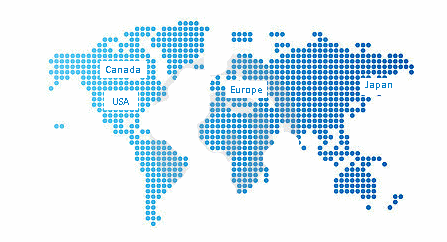Nutrition Tips for the Slopes

Is there such a thing as good nutrition for skiing? Watching most people on a ski/snowboard holiday frites, beer or meatballs makes up most lunch times. But our tips on nutrition could help you get more from your ski holiday.
If your goals for your winter holiday are focused more on skiing than seeing how often you can get drunk and not break a leg, then it could be worth paying attention to the fact that nutrition can really help your skiing/snowboarding if you get it right.
The Demands of the Slopes
Whether you're on a board or on skis, there's no doubt that this is a demanding activity. A typical adult burns between 2000 and 2500 calories per day at home - spend 6 or 7 hours on the slopes and you could easily be doubling that depending on the slopes, conditions and activity.
Assuming you don't want to make up the extra calories from alcohol, what are your options?
Start with Water
The first tip for overall nutrition, is actually to ensure you take on enough water. No calories (i.e.. not flavoured water) just water. You'll be working hard at high altitude, and despite the cold will likely be sweating inside your ski clothes. Therefore you need to ensure you get enough water.
If you carry a small daypack with you, be sure to carry some water and drink regularly - each time you're back on the lift is one good option.
A second part of staying hydrated is watching how much you drink during your 'ski day'. Drinking at lunchtime will dehydrate you. A simple rule of thumb to keep properly hydrated is to have one glass of water for each alcoholic drink.
How do you know you're dehydrated? Check your wee. The colour of your urine is the quickest way to check as the darker yellow it is, the more dehydrated you are.
Why Stay Hydrated?
Performance has proven to be linked to your levels of hydration. Unfortunately, starting your day by drinking only tea or coffee and you're already on the way to getting dehydrated.
If you get dehydrated, this can affect the blood flow to your muscles. This means they will be less likely to perform when you need them most - down a big slope! Dehydration requires the heart to work harder to get the same amount of blood around your body - therefore your heart rate also increases putting more strain on your heart.
So your muscles will struggle to get rid of any waste products (lactic acid), your body will struggle to regulate the body temperature and you get cold quicker - especially when on a chair lift!
Start with a Good Breakfast
Smart eating for your day on the slopes begins with a good breakfast - cereal, toast, eggs, fruit, yoghurt and of course a couple of glasses of water. There are lots of good choice you can make - but whatever you do don't skip breakfast.
For lunch you need a good mix of protein, Carbs and fat. Sandwiches, an omelette, chicken salad, just avoid the fast food joints. Similarly, you can eat dinner out without worrying too much about the calories - you can even indulge in some dessert! And water!
This is also a time when regular snacks will help keep your energy levels up - fruit is a good choice because of the vitamins and minerals, which will help your recovery, while for sheer convenience, oat and cereal bars can make a good option.
Evenings - Wise Choices
As with most sport, eating Carbs is a good thing the night before you workout. Try and steer away from the fatty or sugary foods,just because they will either sit heavily on your tummy, or give you a quick high with little effect once you start working out.
Of course, copious amounts of beer is not advised as if nothing else you'll hit the slopes dehydrated and nauseous.

 France
France Andorra
Andorra Czech Republic
Czech Republic New Zealand
New Zealand Sweden
Sweden Austria
Austria Bulgaria
Bulgaria Finland
Finland Norway
Norway Switzerland
Switzerland Italy
Italy Canada
Canada Japan
Japan Spain
Spain USA
USA













